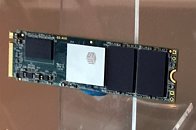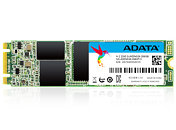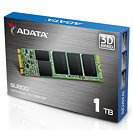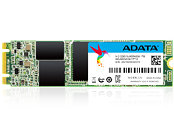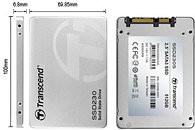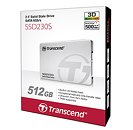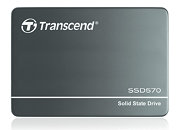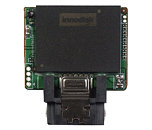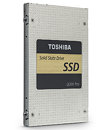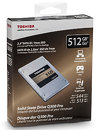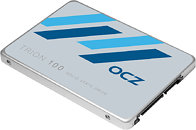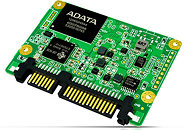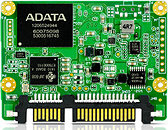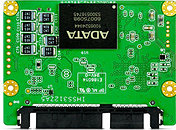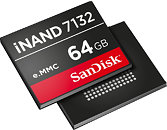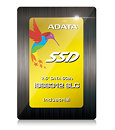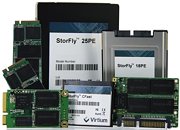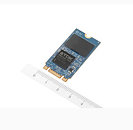OCZ announced the Trion 100, a new lineup of cost-effective SSD for first-time users graduating from HDDs, and for those who want fast read-intensive drives to replace storage HDDs in their systems. Some extremely low price-per-gigabyte figures build their case. The drive features 19 nm TLC NAND flash chips made by Toshiba, driven by a controller also made by Toshiba. This controller features an SLC-caching tech that deals with a small portion of the TLC NAND flash as SLC (by storing just one bit per cell), which has the maximum sequential transfer performance. The controller juggles hot-data in and out of this portion from the rest of the TLC area. Other controller features include DEVSLEEP mode support. In this mode, the drive draws just 6 mW of power. Other essentials such as TRIM and NCQ are also featured.
OCZ Trion 100 comes in four capacities - 120 GB, 240 GB, 480 GB, and 960 GB, priced at US $56.99, $87.99, $184.99, and $369.99, respectively. All four variants offer sequential read speeds of up to 550 MB/s, while the maximum sequential-write speeds are rated at 450 MB/s, 520 MB/s, 530 MB/s, and 530 MB/s, respectively. The maximum 4K random-read performance for the 120 GB variant is rated at 79,000 IOPS; while the other three offer up to 90,000 IOPS. Random-write performance figures for the four variants are 25,000 IOPS, 43,000 IOPS, 54,000 IOPS, and 64,000 IOPS, respectively. The drives are built in the 7 mm-thick 2.5-inch form-factor, with SATA 6 Gb/s interface. The drives ship with OCZ's SSDGuru software that lets you monitor the drive's health, update its firmware, and wipe it. OCZ is offering a 3-year warranty with these drives.
Read our review of the OCZ Trion 100 480GB.




